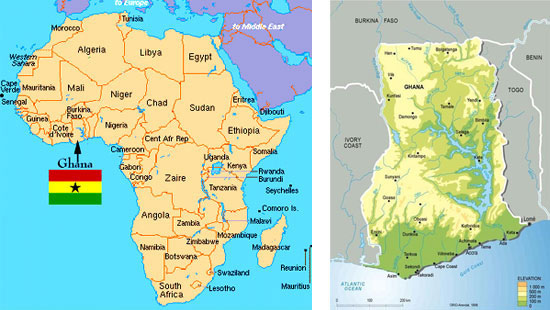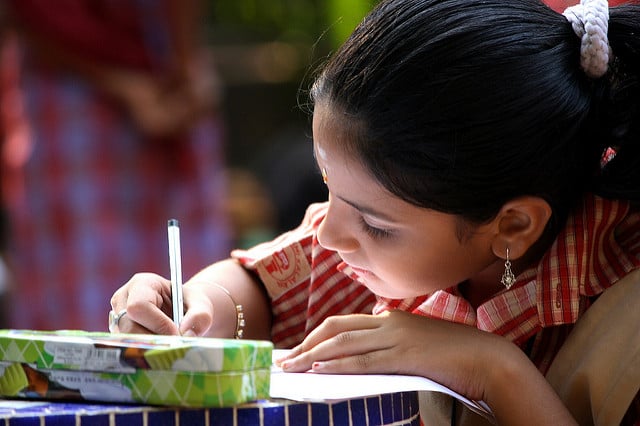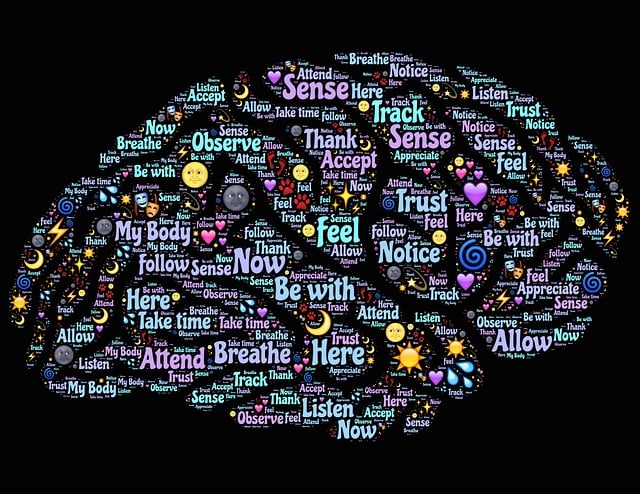My First Language: An Unrecognized Superpower
Although a Plano, Texas native, the first language that I spoke was Twi, a language from the Ashanti tribe in Ghana. However, I grew up surrounded by a smorgasbord of language outlets: Spanish, Chinese, Farsi, and Hindi, and the surmounting pressure by society and educational outlets, my parents chose to drop the Twi education. So I continually moved further and further away from my native tongue and to this day, I still wonder where my Twi knowledge has gone and how I could find it again.

Image via Flickr
Each time I speak to my family my language and culture are reignited as well as pangs of hunger for an Ashanti dish or two, but I know my parents did what they thought was best. Unlike the movie “Back to the Future” I don’t have a time machine vehicle so that I can go back and scream to them, “It doesn’t matter if the first few months of kindergarten I’m struggling to vocalize in English! Bilingualism makes you a cool kid, keep the hope alive!”
The truth is that I wish I could say I was the anomaly in this particular story, but the reality is that there are millions of people like me. There are so many of us out there that scientists have begun to discover that children, much like myself, raised in non-native languages, also have the ability to be bilingual although it may appear they are solely monolingual.
Picture this: you are an infant who speaks Arabic as your mother tongue and then a German family who only speaks German adopts you. Your adoptive tongue (German) becomes your first language and you seemingly forget all about Arabic, or do you? In a paper published by Nature Communications, researchers from McGill University and Montreal Neurological Institute have conducted an intriguing study. This study shows that children who were adopted into French-language families and only spoke French at the time of testing, but as infants only spoke Chinese, had brains that utilized language in the same ambidextrous way as bilingual children.

Image via Flickr
The study had three groups of children with different language backgrounds: the first group was a French-speaking family, the second group had two adopted children from China who only spoke French after the age of 3, and the third group had bilingual children who spoke Chinese and French. The findings support that the first years of an infant’s life their brain is moulded and developed by the sounds that are used in their environment, consequently, children from the second group that begun their lives speaking Chinese, were processing language in the same way as bilingual children from the third group although differently than the monolingual children of the first group.
Imagine my surprise when I realize that all this time I have felt disconnected from my mother tongue of Twi, only to learn that it is in my subconscious, hiding and yet constantly affecting my later language development. Meaning that I may have grown up speaking one language but my brain has always processed languages bilingually. So, all this time I was at the same level of my bilingual friends but just never knew it? Inconceivable! Maybe one day these abilities will pull a Clark Kent and I will effectively communicate in both languages, forever to be two people in one? Perhaps. What I have surely learned from this study is that your first language wires your brain for the second language that you speak in your lifetime, even if the first language is forgotten and that is truly a remarkable feat.

Image via Pixabay
This study is groundbreaking because it is specific to early language development, minus the continuous influence of other languages; additionally it shows the effects of a brains reorientation and adaptation to later language learning. These findings and other research could help educators with techniques focused towards bilingual children or non-native speakers, and for a world that is becoming increasingly globalized; this is a great step into understanding how languages affect us at different ages. Also this is just taking me one step closer to understanding what is going on in my Twi as a first language-English as my native tongue. Either way, I can’t wait to learn more.
